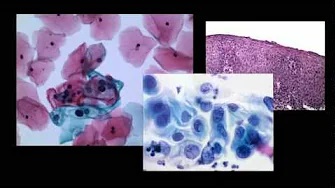Document Type
Article
Publication Date
3-15-2022
Abstract
BACKGROUND AND OBJECTIVES: Little is known about the effect of education or other indicators of cognitive reserve on the rate of reversion from mild cognitive impairment (MCI) to normal cognition (NC) or the relative rate (RR) of reversion from MCI to NC vs progression from MCI to dementia. Our objectives were to (1) estimate transition rates from MCI to NC and dementia and (2) determine the effect of age,
METHODS: We estimated instantaneous transition rates between NC, MCI, and dementia after accounting for transition to death across up to 12 assessments in the Nun Study, a cohort study of religious sisters aged 75+ years. We estimated RRs of reversion vs progression for age,
RESULTS: Of the 619 participants, 472 were assessed with MCI during the study period. Of these 472, 143 (30.3%) experienced at least one reverse transition to NC, and 120 of the 143 (83.9%) never developed dementia (mean follow-up = 8.6 years). In models adjusted for age group and
DISCUSSION: Knowledge of frequent reversion from MCI to NC may alleviate concerns of inevitable cognitive decline in those with MCI. Identification of characteristics predicting the rate of reversion from MCI to NC vs progression from MCI to dementia may guide population-level interventions targeting these characteristics to prevent or postpone MCI and dementia. Research on cognitive trajectories would benefit from incorporating predictors of reverse transitions and competing events, such as death, into statistical modeling. These results may inform the design and interpretation of MCI clinical trials, given that a substantial proportion of participants may experience improvement without intervention.
Recommended Citation
Iraniparast M, Shi Y, Wu Y, Zeng L, Maxwell CJ, Kryscio RJ, St John PD, SantaCruz KS, Tyas SL. Cognitive Reserve and Mild Cognitive Impairment: Predictors and Rates of Reversion to Intact Cognition vs Progression to Dementia. Neurology. 2022 Mar 15;98(11):e1114-e1123. doi: 10.1212/WNL.0000000000200051. Epub 2022 Feb 4. PMID: 35121669; PMCID: PMC8935444.

